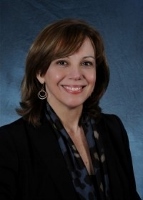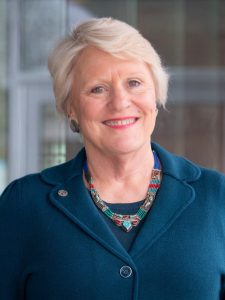Community College Virtual Program

North Carolina is experiencing a rapid growth of global businesses despite the on-going health crisis and community college students will play a key role in meeting the needs of their workforce. This UNC World View program will explore topics related to global businesses and its impact on the North Carolina economy. Community college and early college educators will gain knowledge and resources on the specific needs of global businesses, including how they can prepare their students to meet the needs of the global workforce.
For community college and early college educators.
Signature Sponsor: IBM
Schedule | Speakers | Sessions | Program Materials | Support
Schedule
| Friday, November 5th | |
| 10:00 a.m. to 10:08 a.m.: | Welcome: Timothy Humphrey, Charle LaMonica |
| 10:08 a.m. to 10:40 a.m.: | Plenary I: Preparing Community College Students for Global Businesses, Mabel Miguel |
| 10:40 a.m. to 11:10 a.m.: | Plenary II: “All Talent is Local”: Human Capital Opportunities and Challenges for Global Firms in North Carolina, Sekou Bermiss |
| 11:10 a.m. to 11:15 a.m.: | Takeaway messages, Barbara Stephenson |
| 11:15 a.m. to 11:25 a.m.: | Break |
| 11:25 a.m. to 12:00 p.m.: | Concurrent sessions: Descriptions and presenters BELOW |
Speakers
Welcome
Plenary
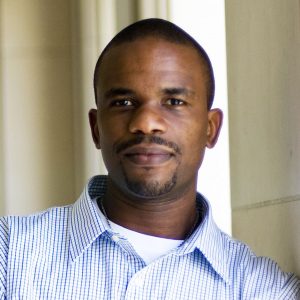 |
Sekou Bermiss, Associate Professor of Strategy and Entrepreneurship Sekou Bermiss’ research is in the area of strategic management and organizational theory. Specifically, he investigates how institutional factors shape the perception of firms by critical stakeholders. His research also explores the antecedents and consequences of human capital mobility and how different forms of employee movement impact a firm’s ability to compete with rivals. Dr. Bermiss teaches courses in people analytics, managing human capital, leading for impact and organizational theory and design He is a Fellow at the Filene Institute where he leads the research efforts of the “War for Talent” Center of Excellence. His award-winning research has been published in the Academy of Management Journal, Administrative Science Quarterly, Organization Science, Strategic Management Journal and Research in Organizational Behavior. His research has been highlighted by Harvard Business Review, The Wall Street Journal and National Public Radio. He was honored as a Poets & Quants 2018 Top Undergraduate Professor at the University of Texas at Austin, where he served on the faculty before joining UNC Kenan-Flagler. Before entering academia, Dr. Bermiss worked for Deloitte Consulting in New York City. He received his PhD and MS management and organizations from the Kellogg School of Management at Northwestern University, and his BS in chemical engineering from Rensselaer Polytechnic Institute. |
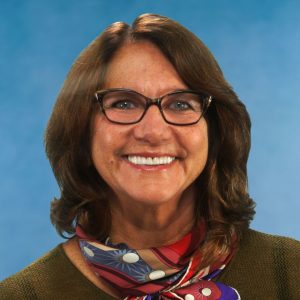 |
Mabel Miguel, Clinical Professor of Organizational Behavior Mabel Miguel teaches courses in leadership and management at UNC Kenan-Flagler.
She shares her global expertise and experiences by infusing leadership lessons that transcend geographical and cultural boundaries into the leadership and management courses she teaches in MBA and UNC Executive Development programs. Dr. Miguel has developed and taught leadership skill courses for such organizations as the U.S. Air Force, U.S. Navy, ExxonMobil, Sony Ericsson, Caterpillar, CEMEX, Eastman Chemical and the U.S. Environmental Protection Agency. She has taught extensively at universities and organizations around the world. She was a visiting professor at Koc University in Istanbul. She received her PhD from UNC-Chapel Hill and her MBA and BS from New York University. |
Concurrent Sessions
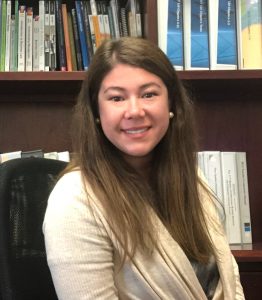 |
Katherine Clyde, Business Division Dean, Pitt Community College Katherine Clyde has been the Dean of the Business Division at Pitt Community College since 2014. Katherine is an advocate for global education; she helped start the Scholars of Global Distinction Program at PCC and has led several study abroad experiences focused on international business and entrepreneurship. Katherine teaches several business, marketing, and entrepreneurship classes including International Business, Organizational Behavior, People Skills, Introduction to Marketing, Introduction to Entrepreneurship, and Business Ethics. |
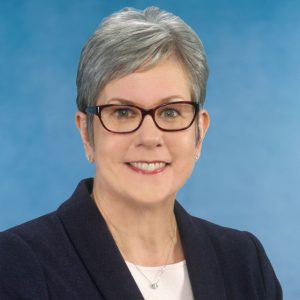 |
Patricia Harms, Clinical Professor of Management and Corporate Communication The research interests of Patricia Harms are visual rhetoric and slide design, performance feedback, online learning and revision in business writing. Dr. Harms teaches written and oral business communication. In many courses she uses a hybrid teaching model that unites traditional face-to-face classroom with distance technology found in the workplace. She is a member of the leadership team for the Association of Professional Communication Consultants and serves on the review board for Business Communication Quarterly. Prior to her academic career, Dr. Harms was an administrator for a small, home-health agency where she also was responsible for marketing and public relations. A registered nurse, Dr. Harms has worked in labor and delivery, infection control, and hospital and home health staff development. She received her PhD in rhetoric and professional communication and her MA in business and technical communication from Iowa State University, and her BSN from the University of Pennsylvania. |
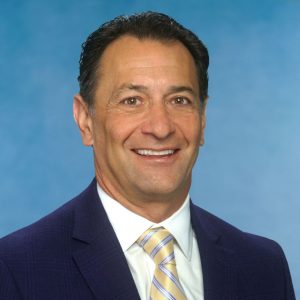 |
Markus Saba, Professor of the Practice of Marketing and Executive in Residence for the Center for the Business of Health He teaches courses in global healthcare and brand management. He leads the full-time MBA Program HealthCare Concentration and serves as executive in residence for the Center for the Business of Health at UNC Kenan-Flagler. Professor Saba also serves as a faculty advisor for STAR (Student Teams Achieving Results). He is a member of the Business School Alliance of Health Management and the UNC Kenan-Flagler liaison to the Office of Interprofessional Education and Practice at Carolina. During his 25-year career with Eli Lilly and Company, he held numerous marketing leadership positions. He led the global marketing efforts for diabetes business unit and neuroscience franchise at the company’s worldwide headquarters in Indianapolis, Indiana. He launched and held global responsibility for some of the pharmaceutical industries’ best-known brands such as Prozac, Cymbalta, Zyprexa, Cialis, Humalog and Trulicity. He had geographic responsibility for Africa, Asia, Japan and the Middle East, and lived and worked in Dubai, Geneva, Kobe, Hong Kong, Philadelphia and Indianapolis. He serves as an executive board member for Easter Seals Crossroads, a nationwide nonprofit helping people with disabilities. He received his MBA from UNC Kenan-Flagler and his BS in marketing from Penn State University. |
Concurrent Sessions
Session 1
Soft Skills Aren’t Soft: Developing cultural literacy, appreciation for diversity, and interpersonal competence in community college students
Katherine Clyde, Business Division Dean, Pitt Community College
Employers today list soft skills, such as critical thinking, cross-cultural communication, teamwork, and dependability as critically important for employment. In this session, we will discuss ways that students can practice these skills in the classroom, focusing on developing an appreciation for diversity and cross-cultural communication skills. This session will also emphasize why “soft” skills may be a misnomer, and how important it is for today’s business students to develop their cultural intelligence before entering the job market.
Session 2
Best Practices for Communicating Effectively in a Cross-Cultural Professional Environment
Patricia Harms, Clinical Professor of Management and Corporate Communication
To communicate successfully with people from different cultures and countries, business communicators must write clearly and efficiently while also fostering relationships. In this session, we will discuss best practices for professional communication with a special focus on writing with great clarity—an important aspect of writing for non-native speakers of English. We will also discuss specific tone drivers that business communicators can employ to help build relationships and foster community through writing.
Session 3
The Business of Global Health and Covid-19 Implications
Markus Saba, Professor of the Practice of Marketing and Executive in Residence for the Center for the Business of Health
Healthcare and the business of health have never been more important in our lifetime. Understanding the challenges and opportunities in the US and around the world is critical. In this lecture, we will review the Iron Triangle of Healthcare, learn about the various healthcare systems and models around the world, and discuss the dual burden of disease, which countries are managing through it and the impact Covid-19 is having on various healthcare systems.
Program Materials
Signature sponsor:
General support provided by:
| Explorer level supporter
Office of the Vice Provost for Global Affairs |
 |


